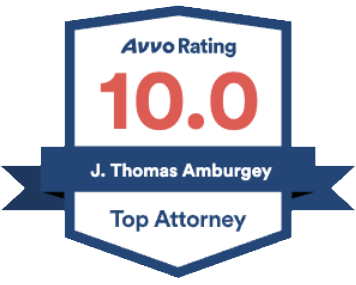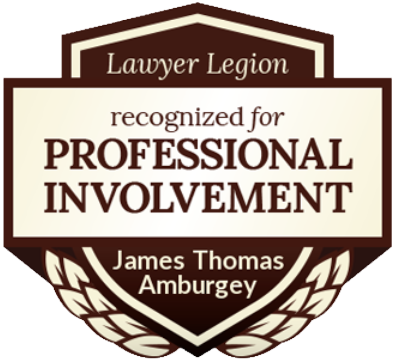Sex Crime Defense in Asheville: Protecting Your Rights and Reputation
Facing sex crime charges in Asheville can be a life-altering experience with severe legal and social consequences. Whether you are charged with sexual assault, child pornography, statutory rape, or other related offenses, it’s crucial to have a robust defense that protects both your rights and your reputation.
Types of Sex Crime Charges
In North Carolina, sex crimes encompass a wide range of offenses, including:
- Sexual Assault: Involves non-consensual sexual contact and is a serious felony that can result in lengthy prison sentences.
- Statutory Rape: Engaging in sexual activity with someone below the age of consent, even if it was consensual, is a criminal offense.
- Indecent Exposure: Public acts of indecency that are considered sexual in nature.
- Child Pornography and Exploitation: Possession, distribution, or creation of explicit material involving minors.
Each of these charges carries severe penalties, including long-term imprisonment, mandatory sex offender registration, and damage to personal and professional reputations.
Legal Consequences and Penalties
Convictions for sex crimes can result in:
- Lengthy prison sentences
- Probation or parole
- Lifetime registration on the sex offender registry
- Loss of employment or professional licenses
- Restricted housing and movement
The sex offender registry is one of the most impactful consequences of a sex crime conviction. Those required to register must provide personal information, including their home address, and this information is made publicly available. This can affect where you live, work, and even where you travel. Many registered sex offenders are prohibited from living near schools, parks, or daycare centers. Being on the registry can also limit career opportunities, as employers may be hesitant to hire someone listed as a sex offender.
The consequences of being convicted extend far beyond legal penalties, severely affecting your ability to live a normal life. A conviction can impact your relationships, employment opportunities, and social standing, making it essential to fight the charges aggressively.
Defense Strategies for Sex Crime Charges
A strong defense requires a deep understanding of the complexities of sex crime laws and the evidence involved. Common defense strategies may include:
- Consent: Arguing that the act was consensual, especially in cases of sexual assault or statutory rape.
- Mistaken Identity: Proving that you were wrongly identified as the perpetrator.
- False Accusations: In some cases, charges may stem from revenge or personal conflicts, and your attorney may be able to prove that the allegations were fabricated.
- Lack of Evidence: Challenging the prosecution’s evidence, especially in cases where physical evidence or reliable witnesses are absent.
Why You Need a Specialized Defense Attorney
When facing sex crime charges, having a Board Certified Specialist in criminal law like Attorney Thomas Amburgey is essential. His specialized knowledge, experience in handling complex sex crime cases, and deep understanding of the intricacies of the law can make a significant difference in the outcome of your case. An attorney with this level of expertise is better equipped to navigate the challenges of sex crime allegations and build a defense strategy that aims to clear your name and protect your future.
Trust Thomas Amburgey with Your Sex Crime Defense
Attorney Thomas Amburgey, recognized by Best Lawyers in America, North Carolina Super Lawyers, and the Legal Elite, has extensive experience defending clients accused of sex crimes. Based in Asheville’s historic Jackson Building, Thomas Amburgey provides skilled and compassionate legal representation. He understands the gravity of sex crime charges and is dedicated to defending your rights, reputation, and future.
The articles on this blog are accurate as of their date of publication and are intended to provide general information about the status of the law and commonly accepted practices in North Carolina.
These articles should not be considered legal advice.
For personalized guidance, we recommend consulting with a qualified attorney.

CERTIFIED LEGAL SPECIALIST

THE LEGAL ELITE

Best Lawyers in America






